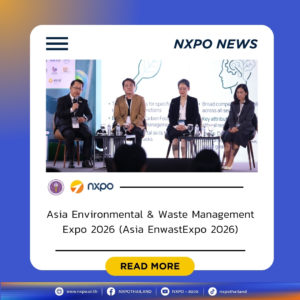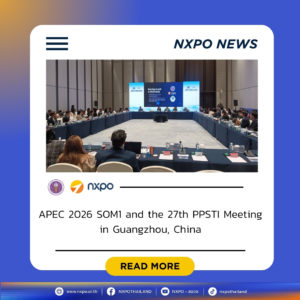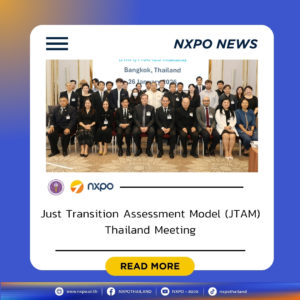On 22 May 2025, NXPO, in collaboration with Prince of Songkla University, convened a meeting to discuss the development of Thailand’s Fusion Technology Roadmap. The roadmap aims to assess the current landscape and innovation ecosystem for fusion technology in Thailand, while outlining future directions and strategies to promote research and development in fusion and plasma technologies suited to the country’s context.
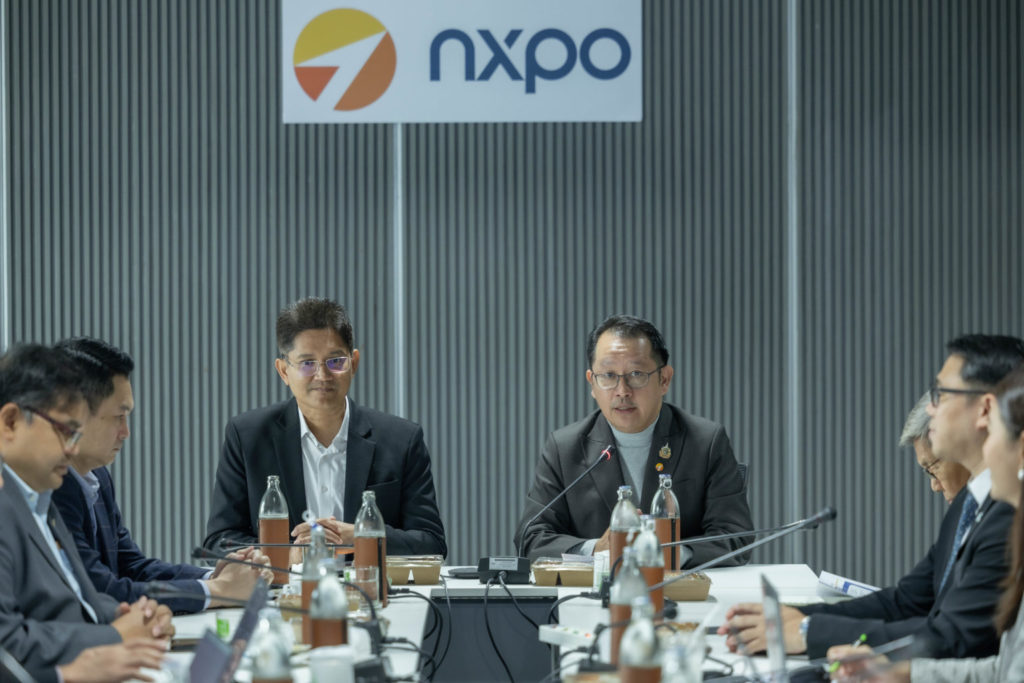
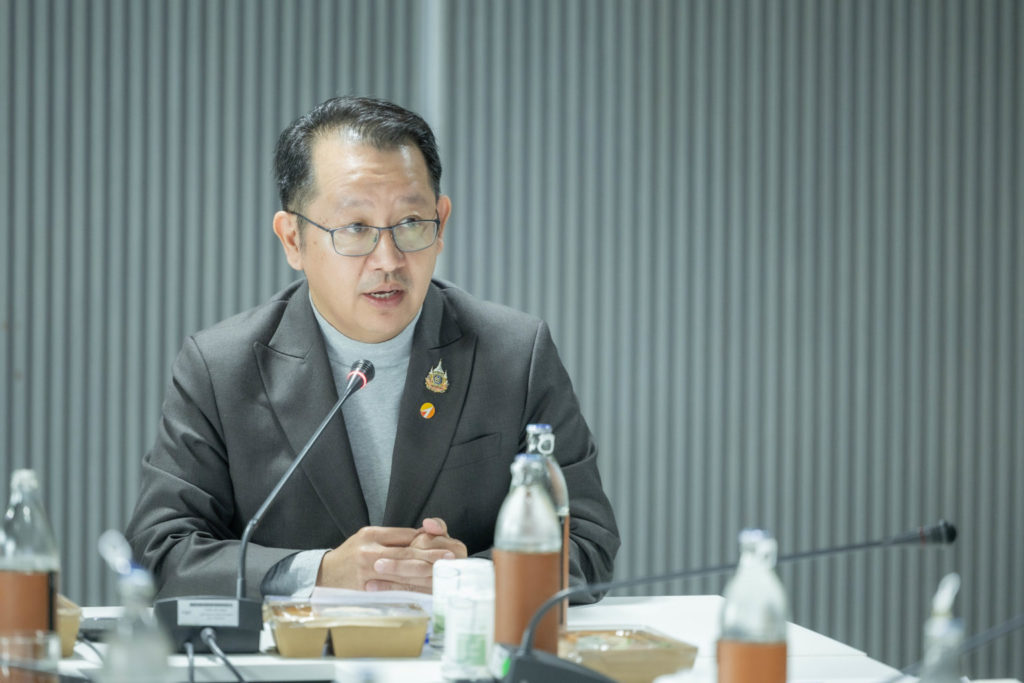
Assoc. Prof. Wongkot Wongsapai, Vice President of NXPO, delivered the opening remarks, highlighting previous collaborative efforts between NXPO, Thailand Science Research and Innovation (TSRI), and the Program Management Unit for Competitiveness (PMU-C) in developing frontier research roadmaps across various disciplines. These initiatives, involving government agencies, academic institutions, and the private sector, serve as strategic frameworks to strengthen Thailand’s frontier research ecosystem. He emphasized that fusion technology is an emerging field gaining significant global interest for its potential to provide clean, sustainable energy without hazardous radioactive waste and with higher safety standards than conventional nuclear power. It holds promise as a future game-changer for global energy systems.
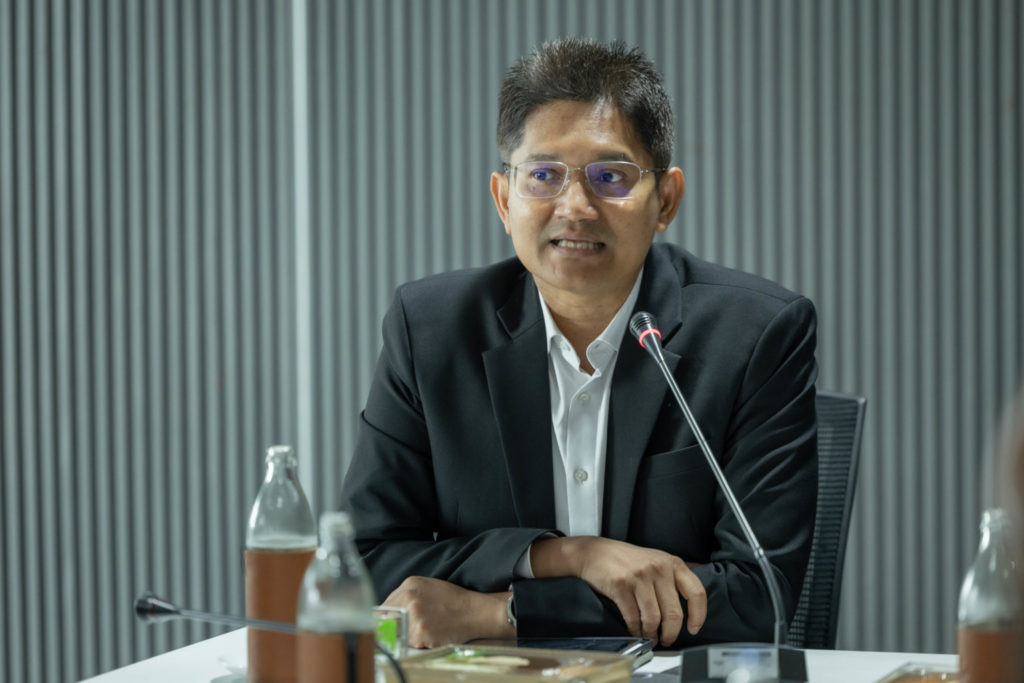
Assoc. Prof. Dr. Thawatchai Onjun, Executive Director of the Thailand Institute of Nuclear Technology (TINT), presented updates on global and domestic developments in fusion technology. He underscored the importance of fostering international partnerships and outlined a 20-year development framework (2017–2037) for advancing fusion technology in Thailand. This vision focuses on investing in large-scale infrastructure to position Thailand as a regional hub for fusion technology in ASEAN, promoting research and innovation, and nurturing skilled personnel across academia, research institutes, and industries. The framework also seeks to encourage applications of fusion technologies in sectors such as robotics, rail systems, space, healthcare, and agriculture.
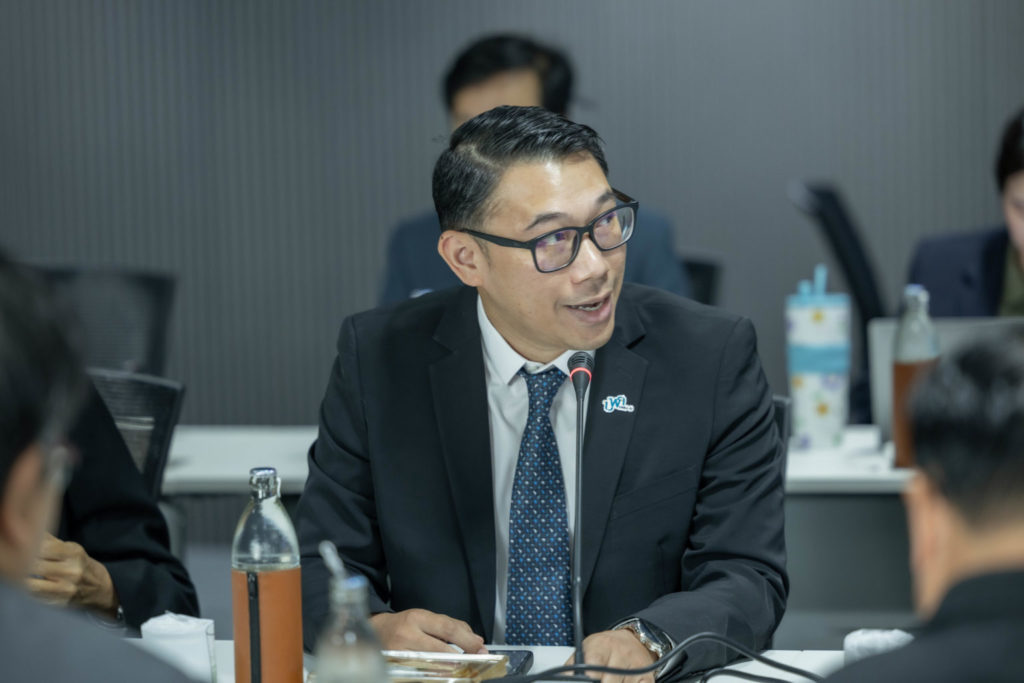
Dr. Jitti Mungkalasiri, Deputy Director of the Program Management Unit for Human Resources & Institutional Development, Research, and Innovation (PMU-B), introduced the Thailand Academy of Sciences (TAS) and its three core pillars:
- Frontier Think Tank
- Frontier Science Alliance
- Future Graduate Platform
He emphasized TAS’s commitment to supporting frontier research, enhancing international cooperation, and promoting advanced technologies to strengthen Thailand’s competitiveness and drive sustainable economic and social development.
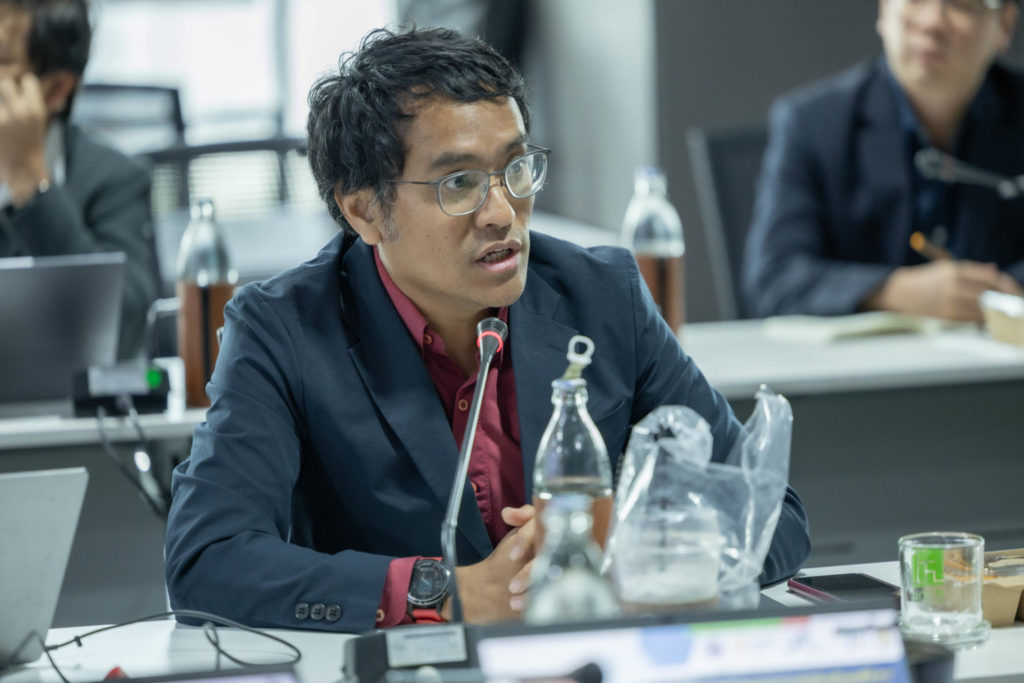
Asst. Prof. Dr. Boonyarit Chatthong, Associate Dean of the Faculty of Science at Prince of Songkla University and project leader, outlined the roadmap development plan. This will involve reviewing international progress and trends in countries and regions such as the United States, European Union, United Kingdom, China, and Japan, alongside assessing Thailand’s current status and innovation ecosystem for fusion technology. The study will identify opportunities for fusion technology deployment within the Thai context. In parallel, an Expert Consortium on Fusion Technology will be established, bringing together representatives from government, academia, and industry.
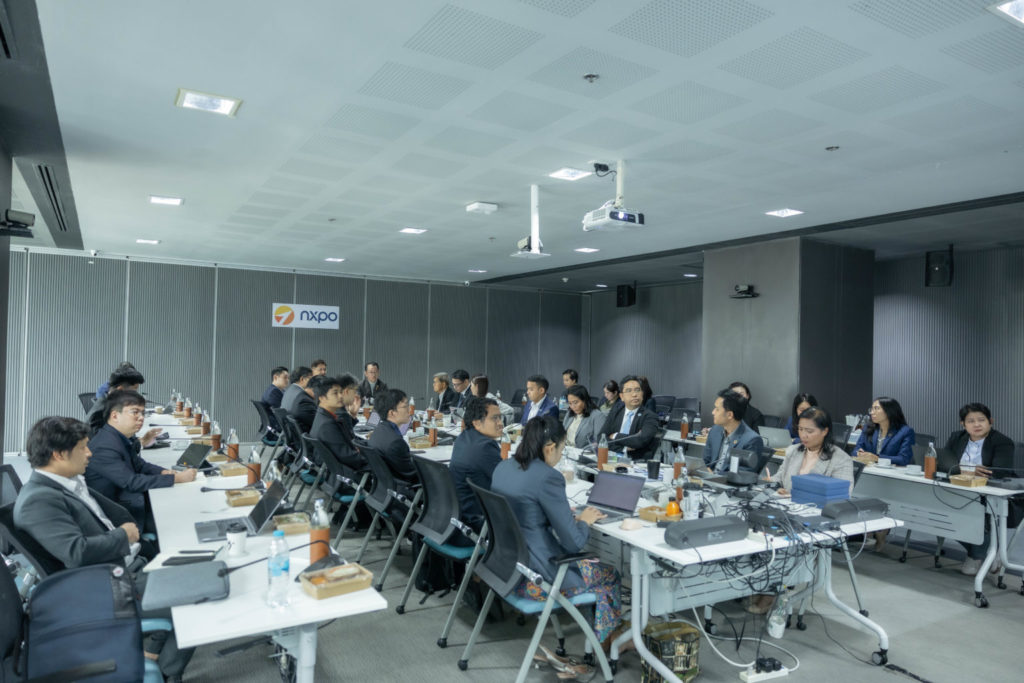
The meeting also emphasized the importance of setting clear targets and defining a practical implementation timeline for the roadmap. Key priorities include infrastructure development, human capital enhancement, research initiatives, legal and regulatory frameworks, and fostering cross-sector collaboration. Public awareness and understanding of fusion technology were also identified as essential components of the roadmap’s success.
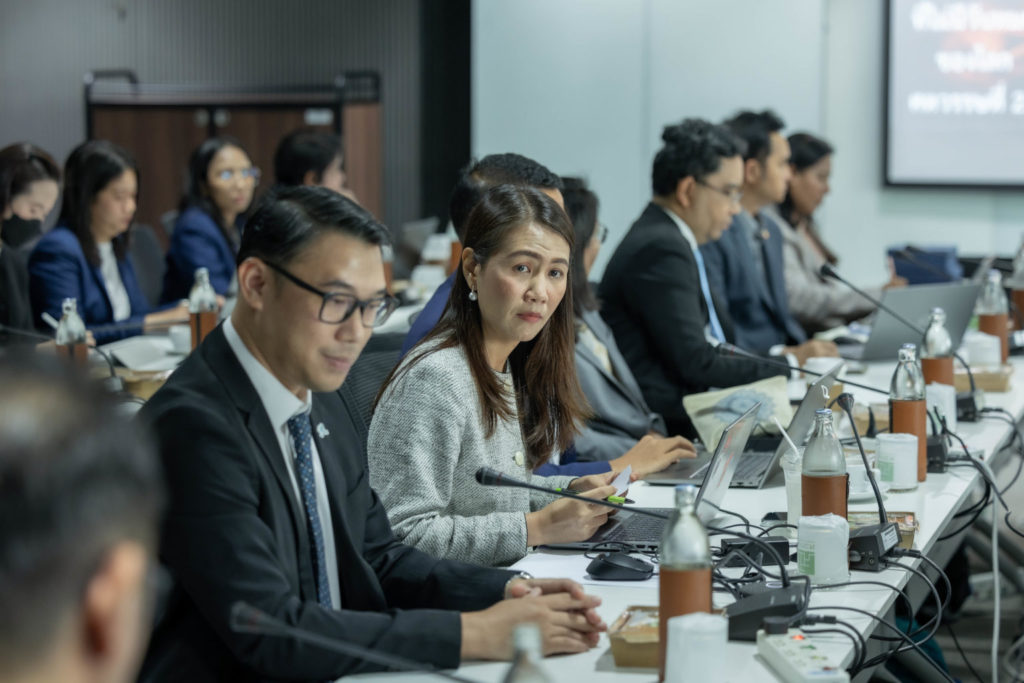
The meeting was attended by representatives from government agencies, the private sector, and academic institutions, including TINT, TSRI, PMU-B, the National Astronomical Research Institute of Thailand (NARIT), the Office of Atoms for Peace (OAP), the National Science and Technology Development Agency (NSTDA), the Office of Energy Policy and Planning (EPPO), the Electricity Generating Authority of Thailand (EGAT), Prince of Songkla University, Kasetsart University, King Mongkut’s University of Technology Thonburi, and Mahasarakham University.


